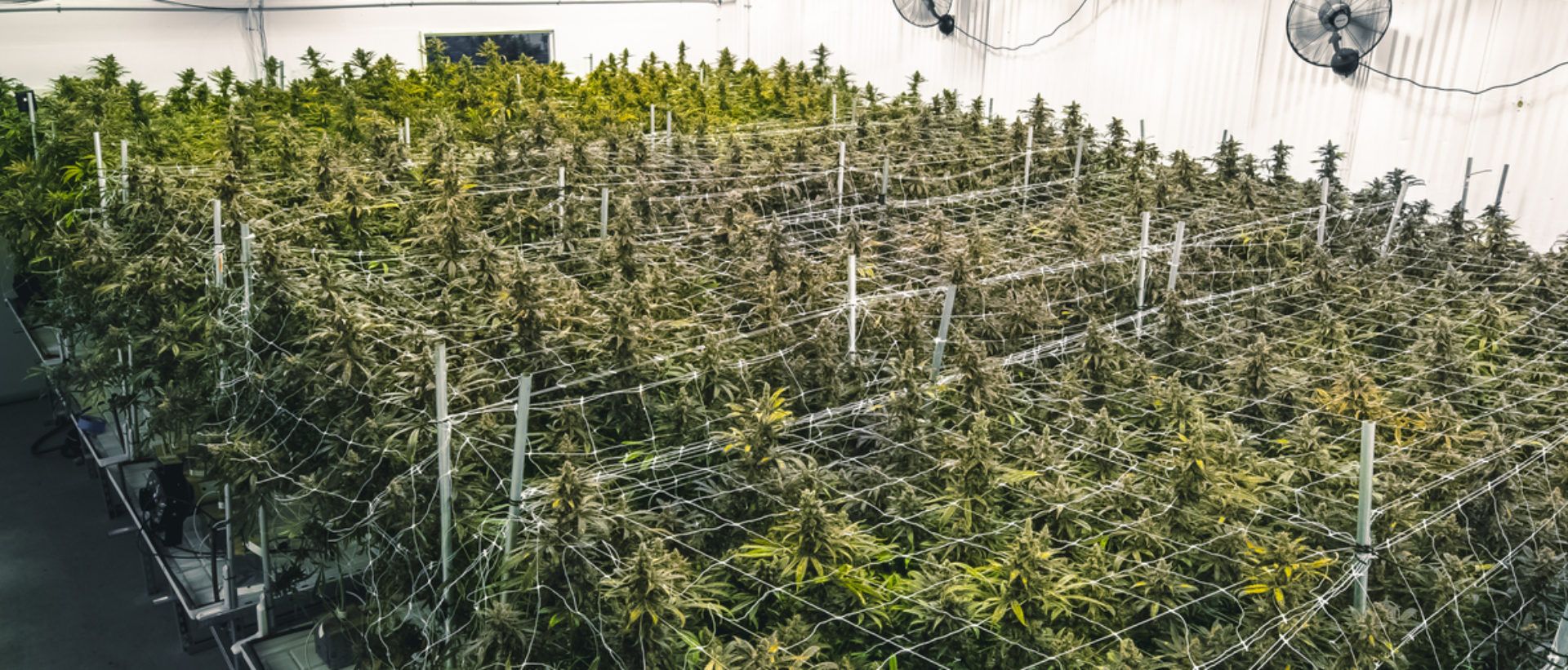Distributors operating across state lines face a host of formidable challenges due to the uniquely fragmented framework in which marijuana remains federally illegal but regulated at the state level. The following article breaks down the principal obstacles compliance officers encounter during interstate transfers of cannabis products.
The Federal‑State Legal Paradox
Distributors constantly navigate a tension between federal prohibition under the Controlled Substances Act and varying state regulations. Since cannabis remains a Schedule I substance federally, moving it across state lines—even if legal in both states—inherently provokes federal trafficking laws. Compounding this, states enact their own restrictions, often explicitly barring interstate transfers – a practice currently under scrutiny under the dormant Commerce Clause. Until federal reform is enacted, compliance officers operate in a perpetual grey zone.
Licensing and Jurisdictional Complexity
Every state requires specific licenses for distribution, yet rules differ dramatically. Criteria include strict background checks, financial disclosures, security plans, and residency prerequisites, further complicating multistate operations. Some jurisdictions expressly prohibit out-of-state entities from accessing licenses to shield local markets, potentially violating interstate commerce protections. Meeting multiple, disparate licensing standards demands significant legal oversight.
Read More: Local Governments at the Helm: Shaping the Cannabis Industry’s Future
Security and Chain‑of‑Custody Controls
Cannabis’s high value and federal illegality necessitate airtight security and tracking protocols. Distributors must ensure secure transport vehicles, GPS surveillance, and sealed-state-compliant packaging. Any break in chain-of-custody exposes them to seizures, criminal charges, and immense financial losses. Additionally, checkpoints—such as those near the US–Mexico border—frequently target state-legal shipments, leading to seizures and delays.
Seed‑to‑Sale Tracking Disparities
Most states mandate seed-to-sale systems, but interoperability between them is rare. Distributors must reconcile varying electronic logging formats, reporting frequencies, and potency standards when transferring products interstate. Misalignment may result in compliance errors or even product rejection.
Transportation & Quality Safeguards
Transporting cannabis across state lines demands not only regulatory compliance but also quality management. Operators must use climate-controlled vehicles, adhere to child-proof packaging standards, and maintain full documentation—including Certificates of Analysis (COAs)—to verify potency and purity. Distributors may also be required to submit redundant testing in multiple states, increasing turnaround times and costs.
Banking and Cash Flow Constraints
Traditional banking systems remain hesitant to serve cannabis businesses due to federal prohibition. This forces distributors to operate on a cash basis for interstate transactions, elevating risk exposure. They must deploy secure vaulting, armored transport, and rigorous documentation to track all cash movements—and still risk federal asset seizure.
Federal and Constitutional Uncertainty
The legal landscape is in flux. Cases like Canna Provisions v. Garland affirm federal control over cannabis under the Commerce Clause, while dormant Commerce Clause litigation challenges states’ protectionist licensing barriers. Potential future rescheduling under Schedule III could alleviate some tension, but until then, compliance officers must hedge for policy shifts.

